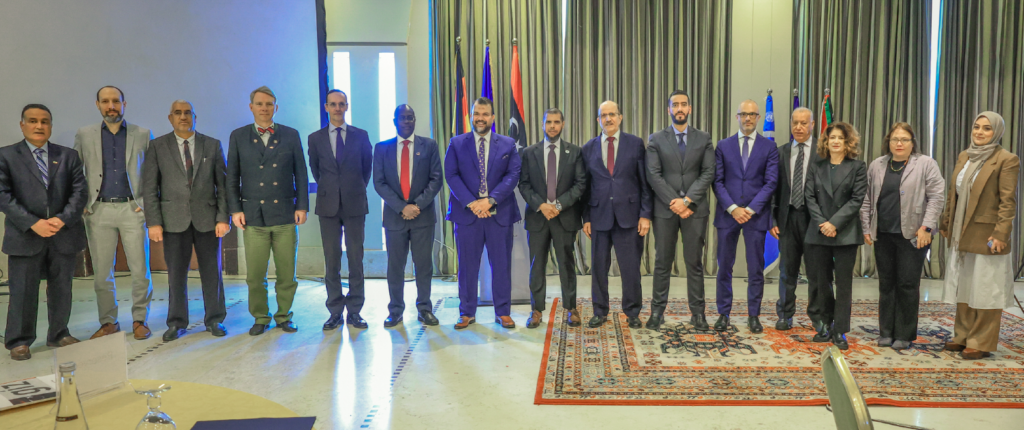The UN Development Programme (UNDP) and the German Federal Government through the German Corporation for International Cooperation (GIZ) announced today the launch of an EU-funded initiative to foster renewable energy, improve energy efficiency, as well as mitigate and adapt to climate change in Libya.
UNDP is providing support under the project ‘Support to Energy Transition and Climate Change Mitigation’ in close collaboration with relevant National Authorities and Public Institutions.
The GIZ project “Sustainable Energy and Climate Change Adaptation for Resilience (SECCAR)” is financed by the EU and the German Federal Government and is implemented jointly with the Prime Minister’s Office.
“The high-level event brought together a diverse array of national and international stakeholders to discuss the key challenges and opportunities of the new initiative,” UNDP said in a statement.
Abdul Salam Al Ansari, Chairman of the Renewable Energy Authority of Libya, stated, “We’re committed to enhancing the future of energy by developing strategies and collaborating with key authorities to fulfil the aspirations of the Libyan people.”
The EU Ambassador, Nicola Orlando, said, “The launch of these two projects testifies that concrete and effective partnerships can be built by sharing views on the future and mobilising resources for a common objective. Climate change is a major global challenge but can also be seen as an opportunity to promote prosperity. The EU and Libya are working together to make this happen.”
The Deputy Ambassador for Germany, Sven Krauspe, underscores the “critical importance of adaptation to climate change, and to improve resilience, as the risks of climate change can lead to catastrophes like the flood in Derna last year, or aggravated water scarcity. To be prepared for such detrimental effects of climate change will be crucial for the development of Libya.”
UNDP Libya Resident Representative a.i., Dr. Christopher Laker, stated, “This pivotal partnership arrives at a critical juncture for Libya, as urgent action is needed to mitigate the extensive impacts of climate change. By bolstering adaptive capacities and fostering green growth and renewable energy transition, this initiative aims to safeguard every facet of Libyan life.”
